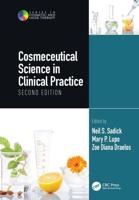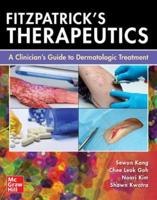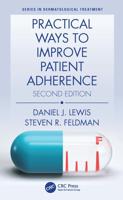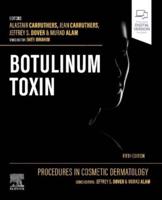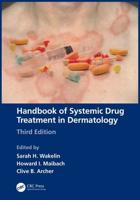Publisher's Synopsis
Adverse cutaneous drug reactions (ACDR) are among the most frequent events in patients receiving drug therapy. Cardiovascular (CV) drugs are an important group of drugs with potential risk of developing ACDR especially in elderly as marketing of more new drugs and their prescription continue to increase. However, like with most other drugs the exact incidence of cutaneous side effects from CV drugs is difficult to estimate due to sporadic reporting. Moreover, a reliable designation of a certain drug as the cause of a certain type of reaction can rarely be made. Apart from the well-known angioedema/urticaria from ACE inhibitors, lichen planus / lichenoid reaction from beta adrenergic blockers and photosensitivity from thiazid diuretics, ACDR from CV drugs might be seen in a wide spectrum extending to rare but life-threatening conditions such as erythroderma, Stevens-Johnson syndrome, toxic epidermal necrolysis or drug hypersensitivity syndrome. In this comprehensive review, the reported types of ACDR to CV drugs will be discussed according to drug class and the type of dermatologic reaction with special emphasize on cross-reactions and the role of patch testing in diagnosis.




